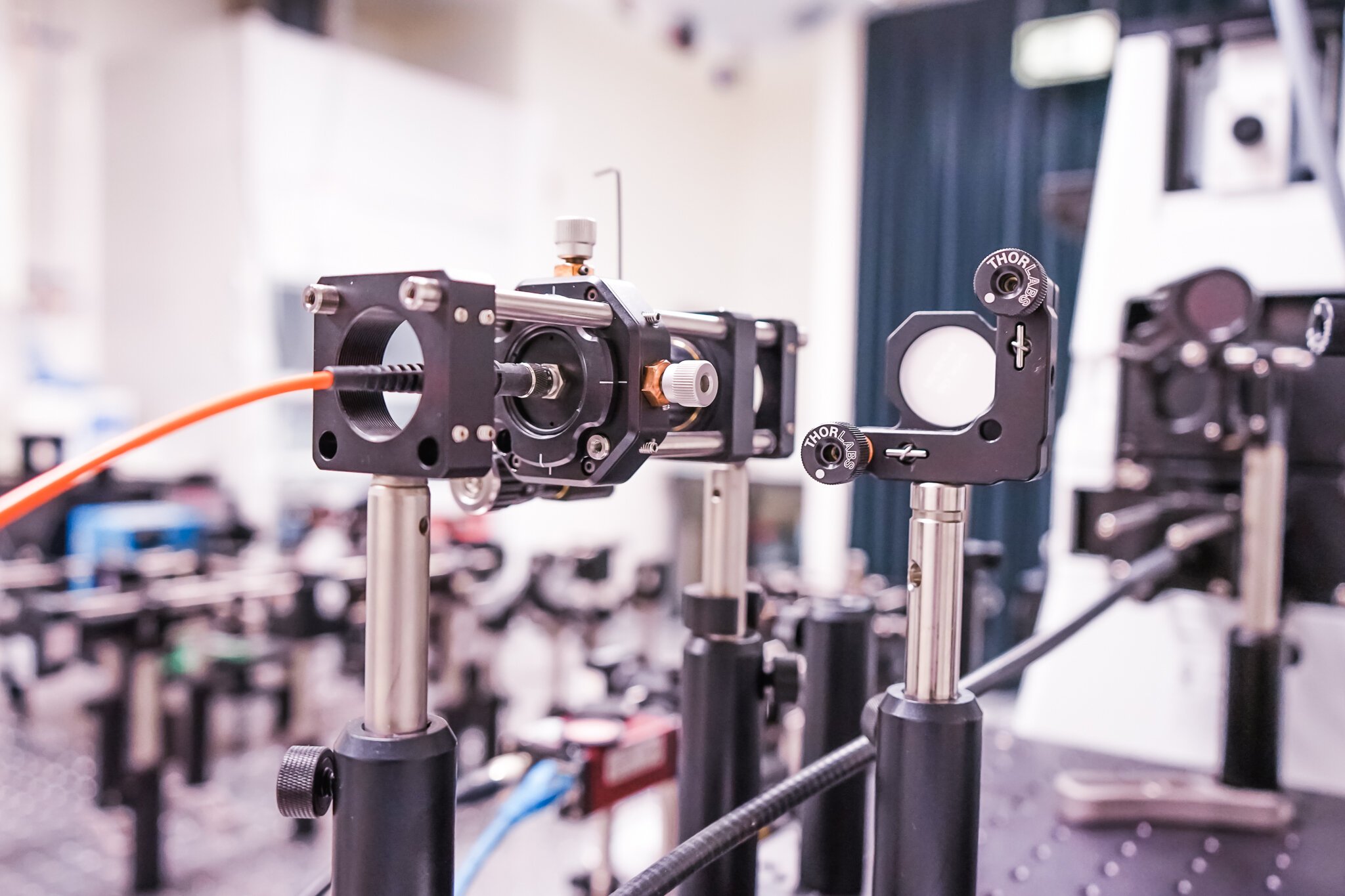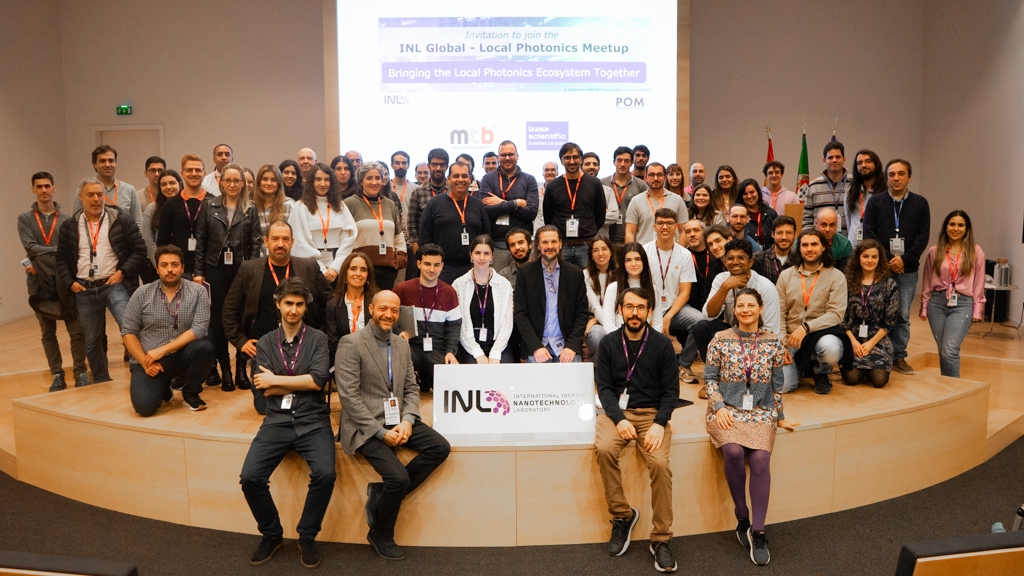
QU-BOSS aims to open new horizons on quantum information
September 15, 2022
QU-BOSS project focuses its work and development on opening new horizons on quantum information, quantum control and machine learning. INL researchers are contributing with theoretical expertise on optical quantum computing to this European project, together with Università Degli Studi di Roma La Sapienza and Consiglio Nazionale Delle Ricerche.
After decades of progress in quantum information science, it is widely expected that in the next few years the field will start to produce practical applications in quantum chemistry, materials and pharmaceutical research, information security, and finance.
For these applications to occur, a crucial intermediate goal is to reach the quantum advantage regime, where quantum devices experimentally outperform classical computers in some computational tasks.
The Boson Sampling problem is an example of a task that is computationally hard for classical computers, but that can be solved with a specialised quantum device using single photons interfering in a multimode linear interferometer.
QU-BOSS aims to push towards the quantum advantage regime with integrated photonic technology. Researchers are working to provide an experimental research breakthrough in both ‘hardware’ and ‘software’ components. The key ingredient is to introduce a new concept to the Boson Sampling framework, exploiting non-linear photon-photon interactions to lower the requirements necessary to reach the scene where a quantum device solves the problem faster than a classical one.
This new non-linear variation of Boson Sampling was described in a recent preprint. The QU-BOSS project also explores alternative ways of understanding the capabilities of photonic computers, for example interpreting interferometric experiments as examples of quantum random walks that propagate faster than their classical counterparts.



